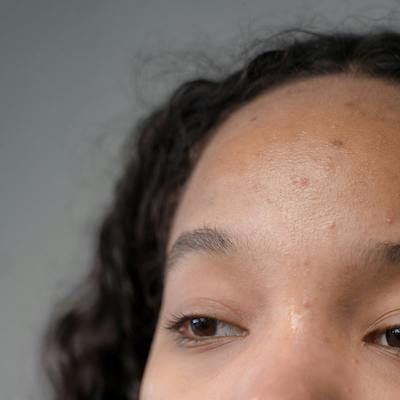Article
Infant Treatment for Atopic Dermatitis Not Helpful in Reducing Pediatric Asthma Risk
Author(s):
Treating atopic dermatitis in infants did not lessen their risk of developing asthma and allergic rhinitis, a six-year study found.

The risk of patients with atopic dermatitis (AD) developing an atopic triad with asthma and allergic rhinitis was not lessened by the early treatment of AD in infants with the topical medication, pimecrolimus (Elidel, Valeant).
The 6-year longitudinal observation of the treatment initiated in patients at ages ranging from 3 to 18 months, was reported by principle investigator Amy Paller, MD, Ann and Robert H. Lurie Children's Hospital of Chicago and Feinberg School of Medicine, Norhwestern University, Chicago, IL and colleagues in the July/August issue of Pediatric Dermatology.
One rationale for the study offered by Paller and colleagues is that "early and effective treatment of AD could theoretically interrupt the 'atopic march' and decrease the risk of asthma."
The investigators did not find significant difference, however, between the patients receiving active drug or the matched group receiving placebo in the percentage later developing asthma (10.7 percent) or other allergic conditions, including allergic rhinitis (22.4 percent).
The question remains whether more effective early treatment could have disrupted the "march" toward the triad, as pimecrolimus was found more effective than vehicle only at the week 14 evaluation, and was not distinguished from vehicle for the remainder of the 3-year double-blind study phase. The investigators consider that the study design may have obscured the measure of drug effectiveness, however, as caregivers rather than clinicians determined whether to add topical antiinflammatory medication after the initial 14 weeks.
An additional methodology concern was that 497 of the initial 1,091 patients randomized to the study withdrew or were lost to follow-up. The investigators note that 44 percent of those were lost from the study in the period between the FDA announcing consideration of, and then implementing the black box warning that pimecrolimus, a calcineurin inhibitor immunosuppressant agent, is not recommended in patients less than 2 years of age "particularly since the effect on immune system development is unknown."
Since the study began before the warning was implemented, the investigators were able to determine that the agent appeared well tolerated in this young population. "Adverse effects (AE) and serious AEs occurred at similar frequencies in the two treatment groups," they related. "Most AEs were mild and were infections or atopic conditions."





